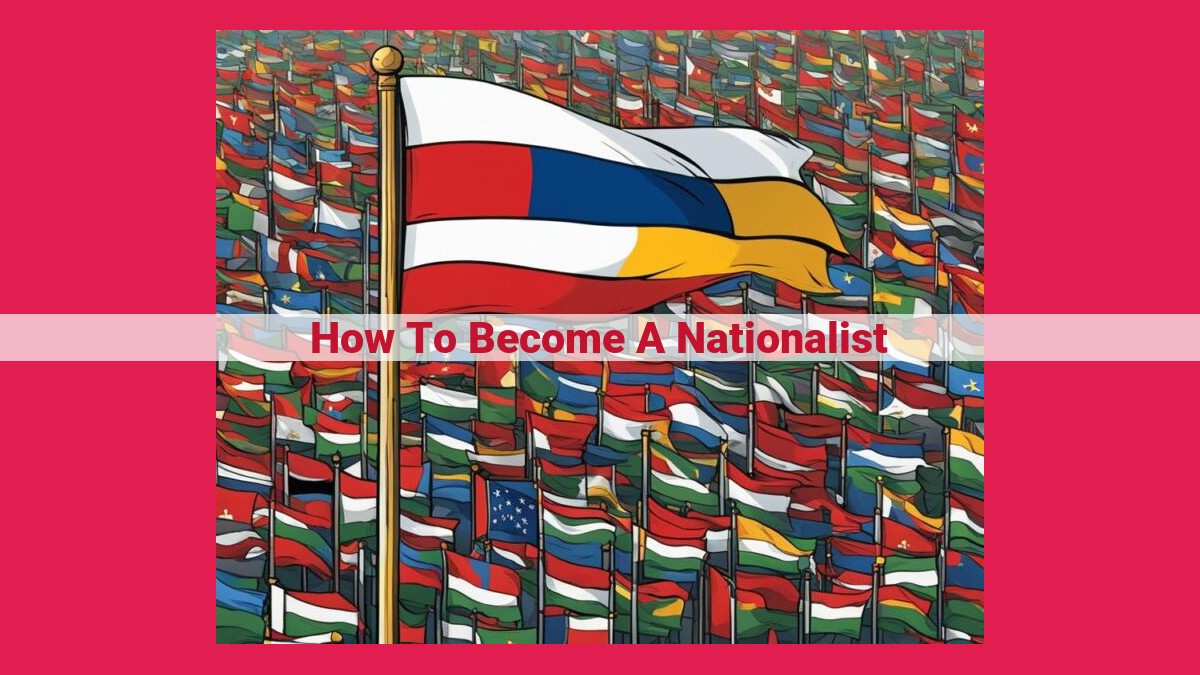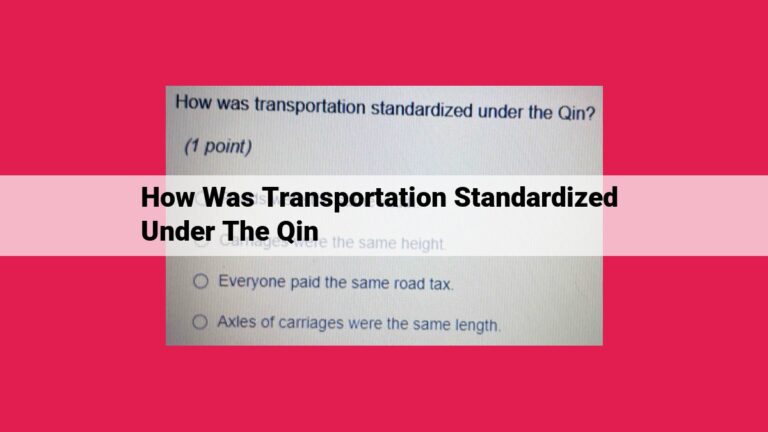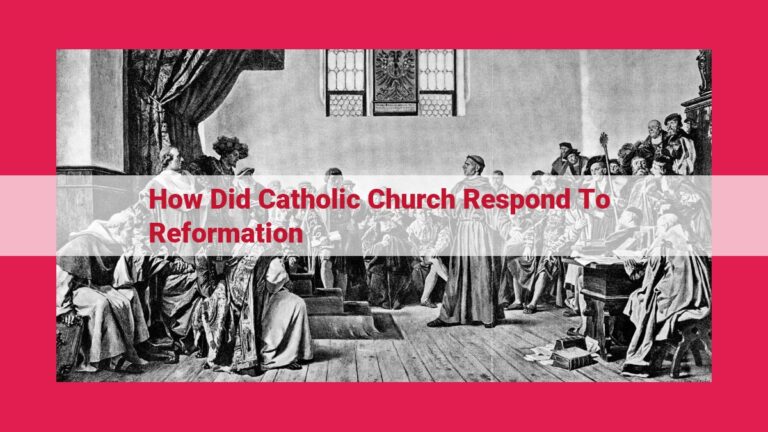Become A Proud Nationalist: Embrace Your National Identity And Contribute To Society

To become a nationalist, embrace your national identity by understanding its significance and key elements such as patriotism, cultural pride, and shared values. Fulfill your civic duty through political participation and community involvement. Promote national unity by fostering social cohesion and responsible journalism. Support education and media that cultivate a strong national identity. By embracing these principles, you contribute to a resilient society and the progress of your nation.
Understanding National Identity:
- Define national identity and its significance.
Understanding National Identity: The Cornerstone of a Nation’s Soul
National identity, an intricate tapestry woven from history, culture, and shared experiences, is the very essence of a nation. It is the glue that binds citizens together, igniting a sense of belonging, pride, and purpose.
Defining National Identity
National identity transcends geographical boundaries, creating a unique collective consciousness among the people who call a particular country their home. It encompasses the values, beliefs, customs, and traditions that have shaped the nation over time. It is a living, breathing entity, constantly evolving and influenced by the ebb and flow of history.
The Significance of National Identity
A strong national identity is the lifeblood of a nation, providing a foundation for stability, unity, and progress. It fosters a sense of shared purpose, encouraging citizens to work together towards common goals. It strengthens the bonds between people, creating a sense of belonging and community. Moreover, it serves as a source of pride and inspiration, motivating citizens to strive for greatness.
Pillars of a Strong National Identity: Unveiling the Elements of a Thriving Nation
Patriotism: A Profound Love for One’s Homeland
At the core of a robust national identity lies patriotism, a profound love and loyalty for one’s country. It manifests in a deep sense of pride, unwavering support, and a willingness to sacrifice for the nation’s well-being. Patriotism ignites in citizens an unwavering belief in their country’s ideals, virtues, and destiny.
Cultural Pride: Celebrating the Tapestry of Heritage
A strong national identity finds its roots in cultural pride, a deep appreciation for the unique traditions, customs, and arts that define a nation. It embraces the vibrant tapestry of languages, religions, ethnicities, and shared experiences that weave together the fabric of a country’s identity. Cultural pride fosters a sense of belonging and unity, connecting citizens to their heritage and inspiring them to preserve and nurture their cultural treasures.
History and Heritage: A Legacy Embraced
Unveiling the pages of history illuminates the path that has shaped a nation’s identity. From ancient origins to modern-day achievements, historical events, figures, and landmarks serve as touchstones of national consciousness. By embracing their heritage, citizens inherit a collective memory that binds them together and instills a sense of continuity and purpose.
Language and Tradition: The Threads that Bind
Language and tradition are the threads that bind a nation’s citizens together. They create a shared vocabulary, enabling effective communication and fostering a sense of community. Traditions, passed down through generations, provide a sense of continuity, connecting citizens to their ancestors and instilling a deep sense of belonging. They serve as touchstones of cultural identity, reinforcing the unique values and beliefs that define a nation.
Political and Military Strength: The Pillars of Stability
Political and military strength form the pillars of stability and security for a nation. A strong and effective government, founded upon the principles of justice, equality, and the rule of law, fosters a sense of trust and confidence among citizens. A robust military, capable of defending the nation’s borders and interests, creates a sense of security and national pride.
Shared Values: The Foundation of Unity
Beyond these tangible elements, a strong national identity is anchored in a foundation of shared values. These values, often enshrined in national constitutions or cultural norms, define what a nation stands for and guide its citizens’ behavior. They encompass principles such as freedom, equality, justice, compassion, and respect, fostering a sense of unity and purpose among all who call the nation home.
Civic Duty and Responsibility: The Cornerstones of a United Society
At the heart of a strong national identity lies the unwavering commitment of its citizens to civic duty and responsibility. These intertwined concepts serve as the pillars upon which a society endures and flourishes.
Civic Duty: A Moral Obligation
Civic duty encompasses the moral responsibility each citizen bears towards their community and nation. It extends beyond mere adherence to laws but entails active participation in the democratic process. By exercising their right to vote, holding elected officials accountable, and engaging in public forums, citizens shape the course of their society.
Political Participation: Shaping the Future
Political participation is not confined to casting a ballot on election day. It involves staying informed, joining political organizations, and advocating for issues that matter. Through collective action, citizens can influence policy decisions, advocate for the marginalized, and ensure that their voices are heard.
Active Citizenship: Engaging in Community
Active citizenship goes beyond political participation. It calls upon all citizens to contribute to their communities through volunteerism, service projects, and participation in local organizations. By investing their time and energy in the well-being of their surroundings, citizens foster a sense of belonging and purpose.
Civic duty, political participation, and active citizenship are the threads that weave a strong and resilient national tapestry. When citizens embrace their responsibilities, they create a society where everyone has a stake in its success. It is through their collective efforts that communities thrive, nations prosper, and the flame of national identity burns brightly.
Education and Media: Pillars of National Identity
Education and media play a pivotal role in the formation and preservation of national identity. Educational curricula can inculcate a sense of pride and belonging in students from a young age. By incorporating national history, geography, and cultural traditions into the curriculum, education systems foster an understanding of the nation’s past, present, and future. This knowledge is essential for developing a shared identity and a deep connection to the country.
The media also plays a crucial role in shaping national identity. Responsible journalism provides accurate and unbiased information about current events, allowing citizens to make informed decisions and feel connected to the larger national discourse. By highlighting important milestones, achievements, and challenges faced by the nation, the media can inspire patriotism and a sense of collective purpose.
Moreover, the media’s coverage of national events can create a shared narrative that unifies citizens. By reporting on important events, such as elections, natural disasters, and sporting victories, the media brings people together around a common experience. This sense of shared experience fosters a sense of community and belonging, strengthening national identity.
In addition, the media can promote cultural diversity by showcasing different perspectives and giving voice to marginalized groups. By providing a platform for cultural exchange, the media helps to build an inclusive national identity that embraces and values all citizens, regardless of their background.
In conclusion, education and media are indispensable pillars of national identity. Through educational curricula, responsible journalism, and the coverage of national events, they play a vital role in fostering a sense of pride, belonging, and unity among citizens. By supporting these institutions, we strengthen the bonds that hold our nations together and create a foundation for future progress and prosperity.
Social Cohesion and Unity: Pillars of a Strong and Resilient Society
A Tapestry of Diversity:
A nation’s fabric is woven from the vibrant threads of its diverse population. Social cohesion is the glue that binds these threads together, creating a society where individuals feel connected, respected, and valued. Unity, on the other hand, is the shared sense of purpose and belonging that unites citizens around a common goal.
Building Bridges of Understanding:
Cultivating social cohesion requires active listening, empathy, and an unwavering commitment to understanding the perspectives of others. Embracing diversity is not about homogenizing values but rather respecting and celebrating the unique strengths of each individual.
Shared Values, Common Ground:
Unity is built upon a foundation of shared values. These values, such as honesty, integrity, and compassion, create a common ground that all citizens can stand upon. By embracing and living these values, we foster a sense of belonging and inspire a collective sense of responsibility.
Collaboration for Progress:
A society that values social cohesion and unity is a society that is empowered to work together for the greater good. When citizens feel connected to their community, they are more likely to participate in civic activities, volunteer their time, and contribute to their nation’s progress.
Strength in Unity:
Social cohesion and unity are essential for a resilient society. They provide a buffer against internal divisions and external threats. By standing together, citizens can overcome challenges, celebrate successes, and build a future that is both prosperous and fulfilling for all.
A Call to Action:
Fostering social cohesion and unity is an ongoing endeavor that requires the participation of everyone. From educational institutions that promote diversity and inclusion to media outlets that represent all voices, we all have a role to play in creating a society where every citizen feels valued and connected.
Together, let us continue to weave the tapestry of social cohesion and unity, ensuring that our nation remains a beacon of progress, resilience, and shared purpose.





